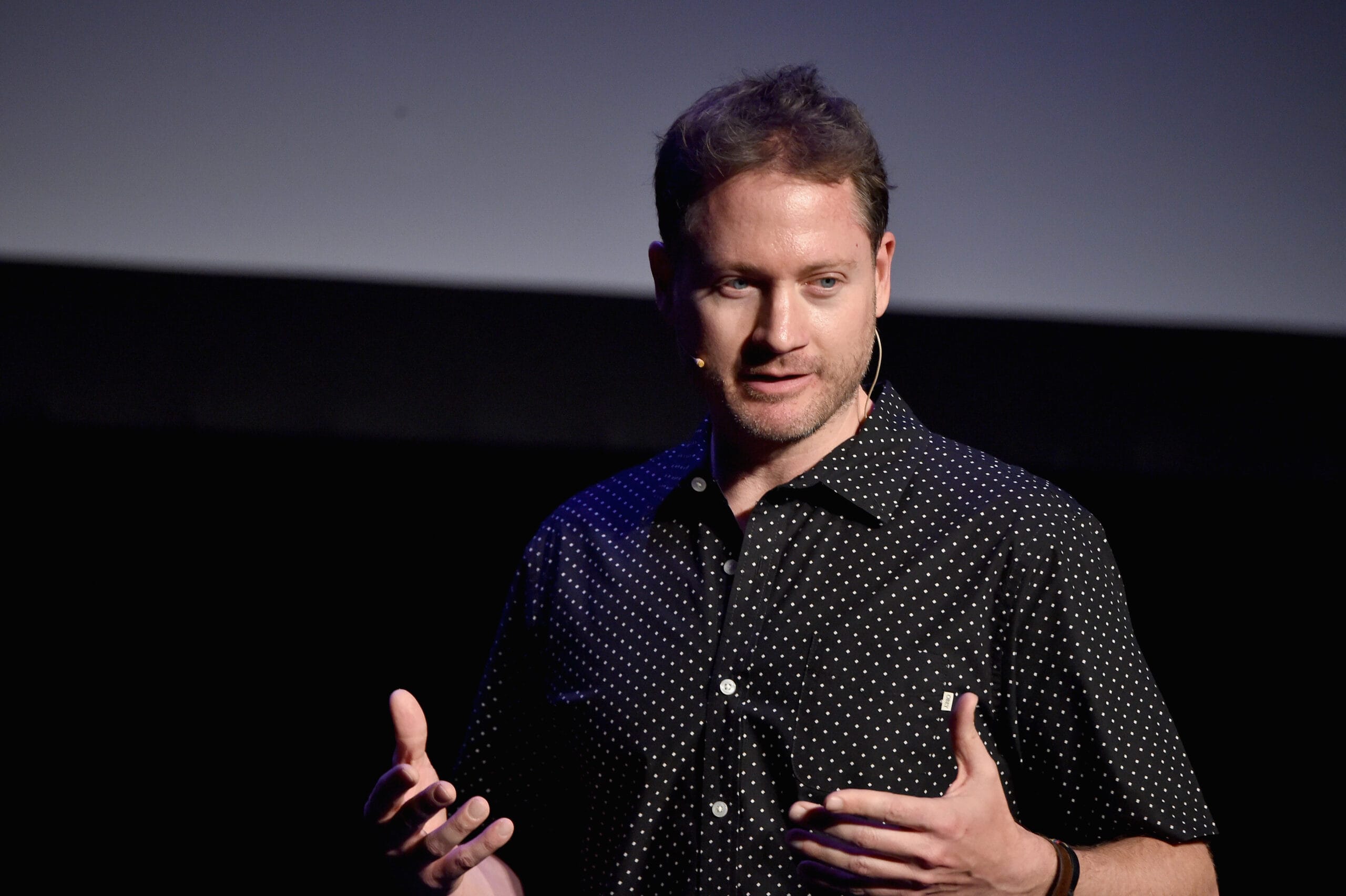Bryan Johnson, a tech entrepreneur known for his ventures in the software industry, is now gaining attention for his ambitious pursuit of radical life extension. A new Netflix documentary provides an inside look into his extreme lifestyle and the scientific rationale behind his efforts. The film showcases the daily routines Johnson has adopted, which include an intensely regimented diet, exercise program, and a variety of experimental medical treatments. These are all aimed at not just improving his health but reversing his biological age.
Johnson’s approach involves a combination of traditional medical practices and cutting-edge biotechnological interventions. He undergoes regular blood tests, scans, and other health assessments to closely monitor his progress. The data collected is used to refine his personalized health strategy, adjusting his diet, supplements, and treatments accordingly. This personalized and data-driven approach has become a cornerstone of his anti-aging regimen.
The film highlights the complexities involved in Johnson’s endeavor. The viewer sees him working with a team of doctors and scientists who monitor his progress and help him refine his approach. This includes the intricate monitoring of his vital signs and metabolic functions, creating a detailed biological profile that forms the basis of his strategies. The documentation allows for a clear view of the commitment and resources involved in his project.
The film doesn’t shy away from exploring the controversial aspects of his project. Some viewers might question the practicality or ethical implications of attempting to reverse the natural aging process. It is clear that his routines demand intense discipline and that his project is not one easily replicated. This has sparked a discussion about the accessibility and sustainability of similar anti-aging interventions. The film opens up a dialogue on topics beyond personal wellness and into the realm of societal implications.
The film documents the daily life of Bryan Johnson, not only focusing on the medical aspects but also the human experience of his lifestyle choices. This provides a balanced perspective by demonstrating the personal sacrifices and motivations behind his efforts to push the boundaries of human longevity. The audience gets to understand the mental framework that supports such a demanding path.
While the film focuses primarily on Johnson’s individual project, it also touches upon broader scientific research in the field of aging. It showcases how advancements in biotechnology and medicine are expanding the possibilities of lifespan extension. This demonstrates a potential future where personalized medicine and interventions could become more commonplace, which would have far-reaching implications on the fields of medicine, public health, and society as a whole.
It also addresses potential moral and philosophical questions which arise, should radical life extension become more feasible. The societal implications such as how such technologies would impact resource allocation and the social structures are also brought up, leading the viewers to consider these potential long-term consequences. The film serves as a catalyst for conversations on the future of human health and longevity, prompting both experts and the general public to think about the potential ramifications of such innovations.
The documentary serves not just as a profile of Bryan Johnson but as a look at the possibilities, the controversies, and the ethical implications that are emerging from a rapidly progressing scientific field. The film prompts the audience to engage critically with these complex questions and to consider what a future of enhanced longevity might look like. The film ultimately presents a comprehensive and informative exploration of Bryan Johnson’s journey and the scientific questions that underpin his ambitious life extension project. It is up to the viewer to form their own understanding of the complexities of these emerging technologies and the individual paths chosen to pursue them.



